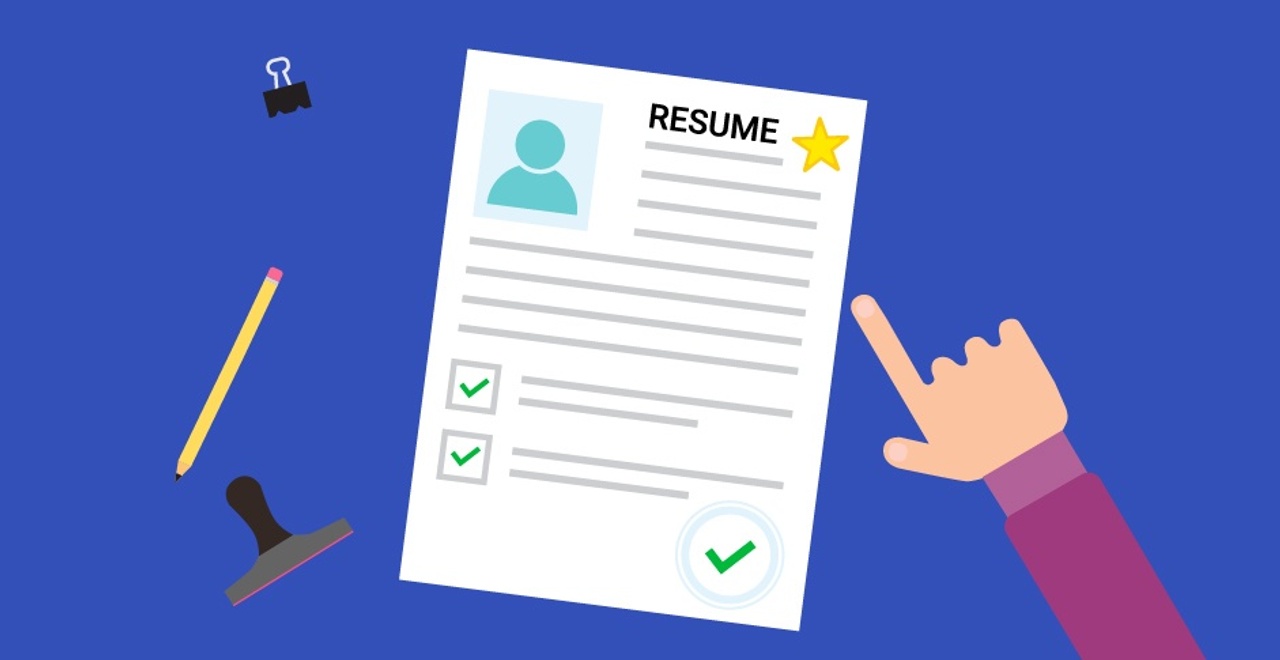When it comes to applying for a job, two essential documents play a crucial role in showcasing your qualifications and experience: the resume vs cover letter. While both of these documents are important, they serve different purposes in the job application process.
The Purpose and Structure of a Resume
Let’s first talk about resumes. Resumes are concise documents that provide a summary of your work experience, education, skills, and achievements. They are typically one to two pages long and are designed to give potential employers a quick overview of your qualifications. Resumes are structured in a way that allows employers to easily scan and assess your suitability for the job based on your relevant experience and skills.

The Purpose and Content of a Cover Letter
On the other hand, cover letters are more personalized documents that allow you to explain why you are interested in a particular job and how your experience and skills make you a good fit for the position. Cover letters provide you with the opportunity to highlight specific achievements or experiences that are relevant to the job you are applying for. They also allow you to address any gaps in your resume or explain any career changes that may be relevant to the job.
Key Differences Between Resumes and Cover Letters
One of the key differences between a resume and a cover letter is their format and content. Resumes are usually more structured and follow a specific format that includes headings such as “Work Experience,” “Education,” and “Skills.” Cover letters, on the other hand, are more flexible in terms of format and content. While resumes are more focused on listing your qualifications and experience, cover letters allow you to elaborate on your motivations for applying for the job and how you can contribute to the company.
Understanding the Audience for Resumes and Cover Letters
Another important difference between resumes and cover letters is their audience. Resumes are typically reviewed by hiring managers, recruiters, or automated applicant tracking systems, which scan for keywords and relevant experience. Cover letters, on the other hand, are usually read by hiring managers or recruiters who are looking for candidates who are not only qualified for the job but also a good cultural fit for the company.
Conclusion: Crafting a Strong Job Application
In summary, resumes are focused on showcasing your qualifications and experience in a concise and structured format, while cover letters provide you with the opportunity to personalize your application and explain why you are the right fit for the job. While both documents are important in the job application process, understanding their unique roles and how they complement each other can help you craft a strong and compelling job application.

